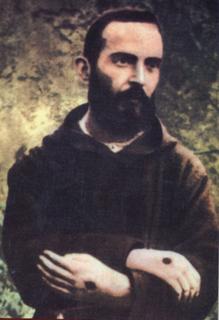Perhaps you know someone who came back to Mass at Christmas and has some questions. The How to Book of the Mass by Michael Dubruiel would be a great gift for them.

In this complete guide you get:
- step-by-step guidelines to walk you through the Mass
- the Biblical roots of the various parts of the Mass and the very prayers themselves
- helpful hints and insights from the Tradition of the Church
- aids in overcoming distractions at Mass
- ways to make every Mass a way to grow in your relationship with Jesus
- Bless yourself
- Make the Sign of the Cross
- Genuflect
- Pray before Mass
- Join in Singing the Opening Hymn
- Be penitential
- Listen to the Scriptures
- Hear a Great Homily Everytime
- Intercede for others
- Be a Good Steward
- Give Thanks to God
- Give the Sign of Peace
- Receive the Eucharist
- Receive a Blessing
- Evangelize Others
- Get something Out of Every Mass You Attend
Find more about The How to Book of the Mass here.

